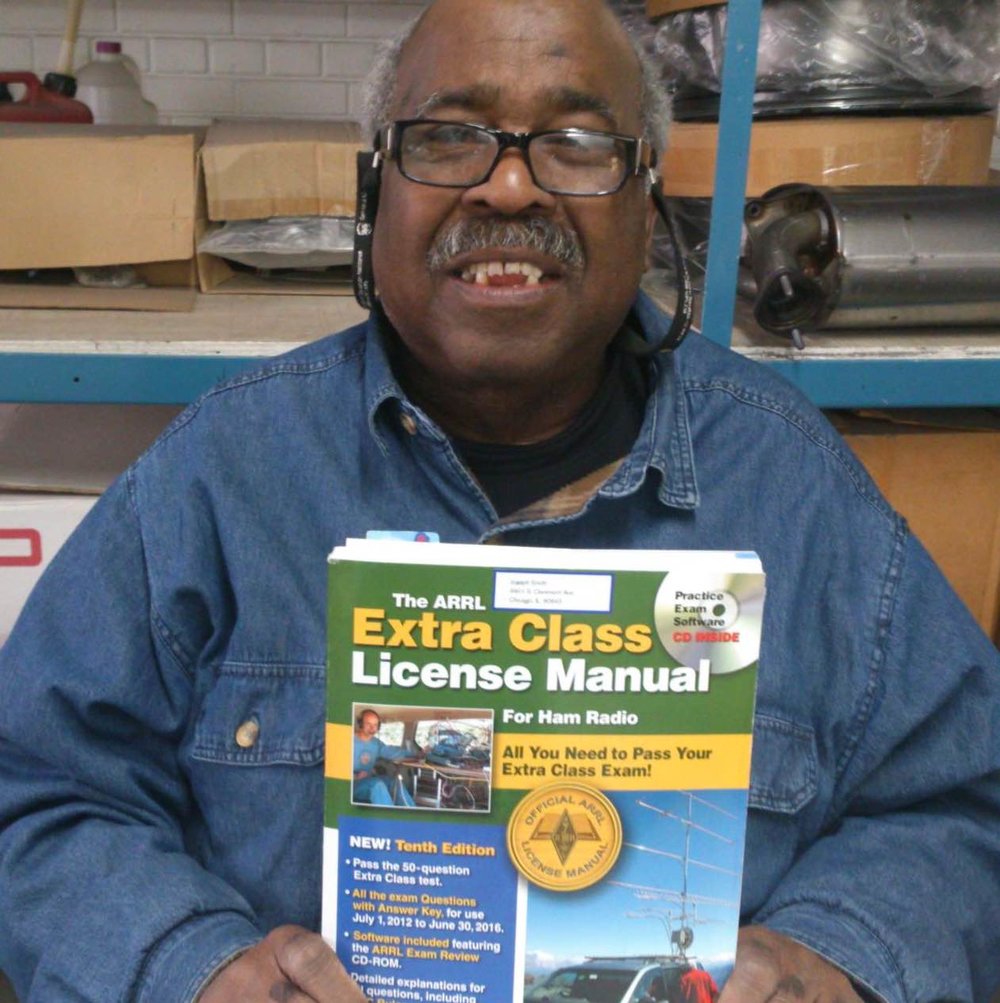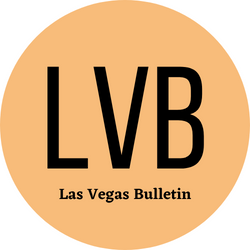How to Pass Your Ham Radio License Exams
by siteadmin

Amateur radio (also known as ham radio) is growing in popularity once again. Getting your license is the first step to enjoying this great hobby.
There is a lot of information, science, regulations and theory to learn. Most new hams start with the Technician class operator license. The exams get progressively harder for each class of license.
Practice Tests
When it comes to passing your amateur radio license exam, studying is the key. There are plenty of books, courses and other resources available to help you learn the information that is covered by the exams. Most of these are focused on regulations, electronics principles and operating practices.
Having the right study materials can make all the difference in your success or failure on exam day. Fortunately, the questions that are used to administer the ham radio exams are published for public use. This means that you can see the questions and even the correct answers and practice for the exam without paying an extra fee or spending a lot of time searching for this information. There are also mobile apps that will show you the question pools for each of the exams and then give you simulated tests based on those questions. These are great for helping you test your understanding and get a feel for how the questions will be asked.
One thing that many people overlook when they are studying for a ham radio license exam is that the exams don’t just test knowledge. They also test your ability to learn. Passing the exam proves that you have the aptitude to study the material and learn about ham radio. This is a big step in gaining the privilege to operate on the amateur radio bands and communicate with other operators around the world.
Once you have passed the Technician class exam, you can take the General and then the Extra class exams to gain more broadcasting privileges. Most new hams choose to start with the entry-level Technician exam and then move on to pursuing the higher level licenses.
In addition to using study guides and practicing with simulated tests, it is helpful to join a local ham radio club and participate in on-air events. The contacts and experience you will gain on the air can help you learn more about the regulations, operations procedures and equipment required to pass the exams and become a licensed Amateur Radio operator. It is also helpful to find a mentor to help guide you through the process.
Study Guides
Once upon a time earning a ham radio license was an extremely daunting task. Learning electrical theory, memorizing FCC regulations and understanding radio-wave propagation were hard enough. But the real hurdle for most people was mastering Morse code, which remained required for all classes of amateur radio licensure until February 14, 1991.
Today, most new hams start by getting their Technician class license and then decide whether to progress to the General or Amateur Extra class of amateur radio licensing. Regardless of which license you choose to get first, it’s wise to study for all three exams.
Fortunately, there are a number of excellent study guides available to help you prepare for your exam, ranging from free options to premium paid ones. Study materials are a great investment, because they will help you pass the test and learn more about the exciting hobby of Amateur Radio in the process.
Most people spend at least $85 on study materials, FCC license fee and exam session when you add up the cost of all the components. For that reason, many people choose to use study guides to maximize their preparation and minimize the amount of time they have to spend studying for each license exam.
The best study guides are focused on the specific materials you will be tested on. They will often include full-length practice tests and question pools that are a good representation of what you can expect to see on the actual exam. They will also help you identify areas where you still need to work on your study habits.
On the day of your test, you will arrive at your scheduled exam site. The site coordinator will verify your identity, and then give you a brief overview of how the exam works. You will then take the exam under the supervision of an experienced volunteer examiner (VE). In most cases, you will take your examination with a member of your local ham radio club who is affiliated with the ARRL. To find a convenient in-person exam session near you, click the Exam Search page of the ARRL website and enter your zip code.
Reference Books
Once upon a time earning your first amateur radio license was considered a monumental task. Electrical theory, FCC regulations and Morse code proficiency were a bridge too far for most newcomers. Then February 14, 1991 changed everything. With the FCC granting licenses to those who can understand dits and dahs, the barrier of entry was removed.
Now, there are countless study guides and other tools that will help you pass your Technician class exam on your first try. There are many different approaches to studying, and it is important that you find a resource that fits your personal learning style. Here are a few of the most popular options.
The ARRL Ham Radio License Manual is probably the best-known study guide. It is available in either traditional hard cover or spiral bound formats, and it lays out the material for each of the questions on the Technician class exam. It also includes a copy of the question pool in the back of the book, which makes it easy to cross reference the material.
If you are looking for something more focused, Craig Buck, K4IA has written a series of books that are designed specifically to prepare you for the Technician, General and Extra class exams. The books are laid out with two columns, and the bottom is filled with four answers to choose from, while the top is labeled “Answer.” This format eliminates the guesswork of which answer is correct and helps you focus on learning the material for each section of the test.
Another good option is Gordo Wynne, W5YI’s new GWEM-12 study guide for the 2020-2024 Amateur Extra Class Element 4 written exam. The book contains a complete copy of the question pool, and the question explanations are carefully organized into a logical study topic order. A companion 6 CD audio course is available to help you understand the material in more depth.
Exam Tips
Getting a ham radio license opens up a world of community, discovery, friendship and public service. It also allows you to talk around the globe, even in times of emergency. But, before you can do any of that, you need to pass the FCC's Technician, General and Amateur Extra class license exams. That means studying and learning all about ham radio theory, science, regulations, procedures and other information, and then passing the FCC's exam.
Fortunately, there are several good study guides and practice tests available for each exam. You can find some of them at the links below, but you can also get them in print or as ebooks from many online and offline stores.
When it comes to preparing for your exam, the key is consistency. You need to set aside time every day to review your study material and take simulated exams. Sticking to this schedule will help you become more comfortable with the material and be ready to take your first ham radio license test.
Most new hams begin by passing the Technician class exam, then moving on to the General class. Once you have the General license, you can then go on to the Amateur Extra class and open up the whole world of ham radio.
It's not impossible to pass all three exams in one session, but you do need a solid foundation of knowledge to succeed. The best way to get that is to start with the Technician class exam, then move on to the General class and finally the Amateur Extra class.
Another important tip is to relax and not overthink it! You can get up to nine questions wrong on the Technician and General class licenses, and 13 wrong on the Amateur Extra exam, and still pass. Just take your time and be sure to read over the questions and answers before you choose your answer.
The ARRL is an excellent source of study guides and practice tests for all three exams. Their books are thorough and cover the full range of material that you will need to be successful on your license exam. They also include a comprehensive set of practice questions that can help you identify areas where you need more work. They also provide a web-based service to allow you to take simulated exams from the question pool that you will see on your actual exam.
Amateur radio (also known as ham radio) is growing in popularity once again. Getting your license is the first step to enjoying this great hobby. There is a lot of information, science, regulations and theory to learn. Most new hams start with the Technician class operator license. The exams get progressively harder for each class…
Recent Posts
- Transform Your Kitchen with Premier Remodelers in Richmond VA
- Legacy Life Insured Introduces Tailored Life Insurance Plans for Arlington Residents
- Expert Hardwood Floor Refinishing Services in New Jersey
- Leading Atlanta Birth Injury Attorneys Providing Compassionate Legal Assistance
- Expert Cleaners Lexington: Setting New Standards in Quality Assurance and Flexibility
